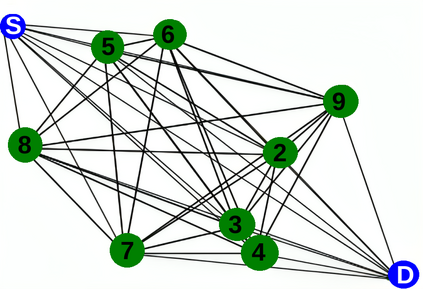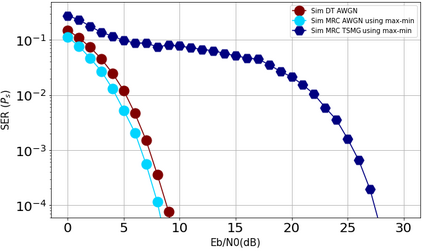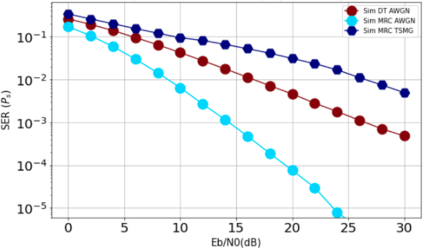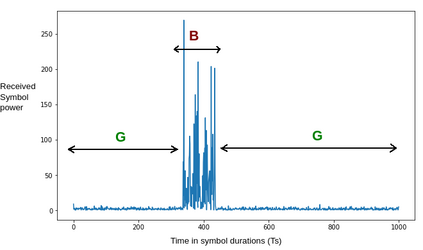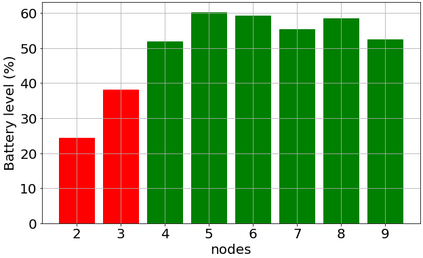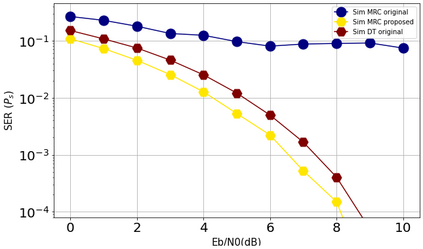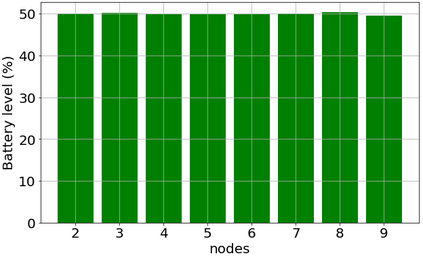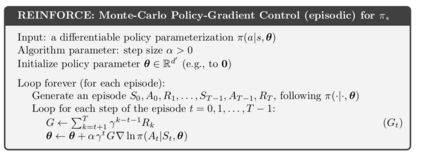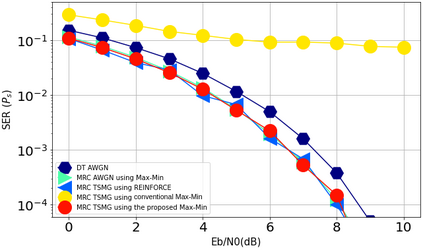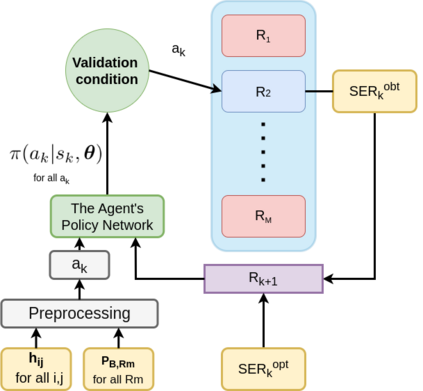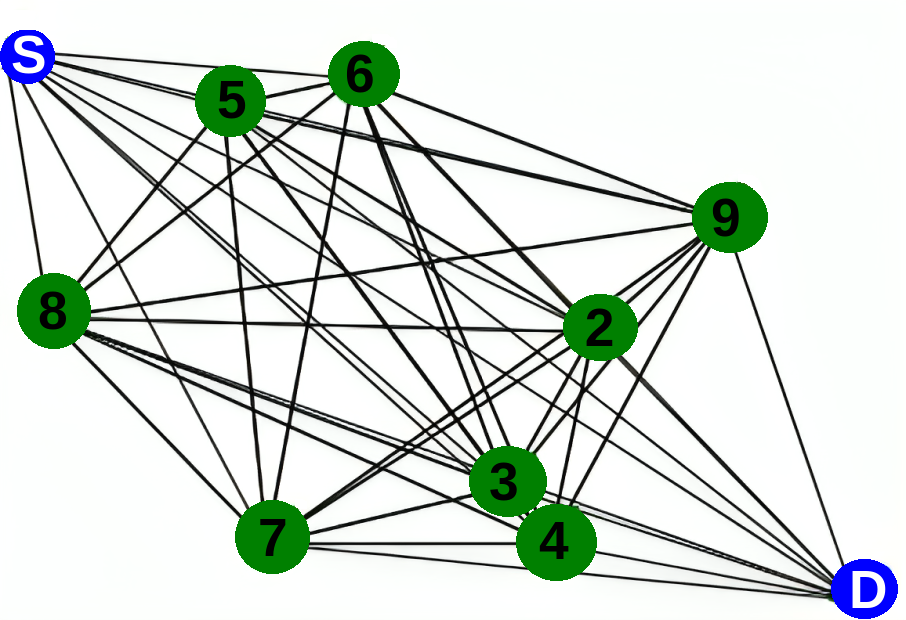The problem of relay selection is pivotal in the realm of cooperative communication. However, this issue has not been thoroughly examined, particularly when the background noise is assumed to possess an impulsive characteristic with consistent memory as observed in smart grid communications and some other wireless communication scenarios. In this paper, we investigate the impact of this specific type of noise on the performance of cooperative Wireless Sensor Networks (WSNs) with the Decode and Forward (DF) relaying scheme, considering Symbol-Error-Rate (SER) and battery power consumption fairness across all nodes as the performance metrics. We introduce two innovative relay selection methods that depend on noise state detection and the residual battery power of each relay. The first method encompasses the adaptation of the Max-Min criterion to this specific context, whereas the second employs Reinforcement Learning (RL) to surmount this challenge. Our empirical outcomes demonstrate that the impacts of bursty impulsive noise on the SER performance can be effectively mitigated and that a balance in battery power consumption among all nodes can be established using the proposed methods.
翻译:暂无翻译

